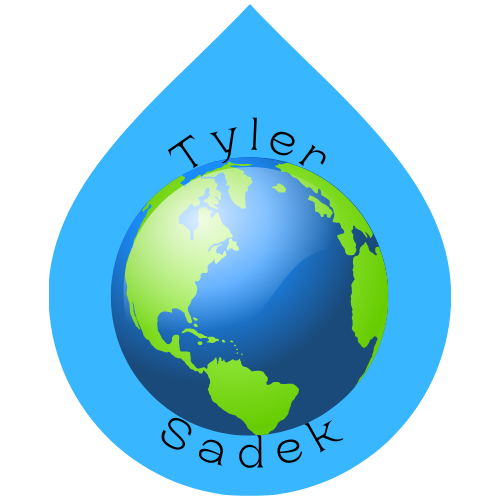In today’s fast-paced and competitive business world, the success of an organization often depends on the performance of its teams. High-performing teams are more innovative, efficient, and productive, making them a valuable asset for any company. Building and leading such teams requires effective leadership, teamwork, and a focus on continuous improvement.
1. Clear Vision and Goals
High-performing teams need a clear sense of purpose. As a leader, it’s essential to provide your team with a compelling vision and specific, achievable goals. When team members understand the “why” behind their work and have a shared vision, they are more likely to be motivated and aligned in their efforts.
2. Effective Communication
Open and effective communication is the foundation of any high-performing team. Foster an environment where team members feel comfortable sharing their ideas, concerns, and feedback. Regular team meetings, one-on-one discussions, and collaboration tools can all facilitate better communication.
3. Diverse Skill Sets
Diversity in skill sets and backgrounds can be a powerful asset for a team. When you assemble a team with complementary abilities, you increase the range of expertise and problem-solving capabilities. Encourage team members to leverage their unique strengths and learn from one another.
4. Trust and Psychological Safety
Trust is the bedrock of high-performing teams. Team members must trust one another and trust their leader. To build trust, leaders should be transparent, consistent, and reliable. Additionally, psychological safety is crucial – team members should feel safe to take risks, share ideas, and make mistakes without fear of judgment.
5. Empowerment and Accountability
High-performing teams thrive when team members are empowered to make decisions within their areas of responsibility. This empowerment should be accompanied by clear accountability, as team members must take ownership of their work and outcomes. Encourage autonomy while ensuring accountability.
6. Constructive Conflict Resolution
Conflict is a natural part of any team’s dynamic. However, it’s essential to handle conflicts constructively. As a leader, you should facilitate open and respectful discussions when conflicts arise, encouraging team members to find solutions and reach compromises that benefit the team’s goals.
7. Recognition and Rewards
Acknowledging and rewarding team members’ efforts and achievements can boost morale and motivation. Recognizing and celebrating accomplishments – big and small – is essential for team cohesion and performance.
8. Continuous Learning and Development
High-performing teams are committed to continuous learning and improvement. Encourage ongoing skill development and provide opportunities for team members to expand their knowledge and expertise. Consider workshops, training, and mentorship programs.
9. Adaptability
In today’s ever-changing business environment, adaptability is crucial. Teams need to be flexible and willing to pivot when necessary. Leaders should help their teams embrace change and navigate transitions effectively.
10. Performance Feedback
Constructive feedback is essential for growth and improvement. Regular performance reviews, both individual and team-wide, help team members understand their strengths and areas for development. Feedback should be specific, actionable, and provided in a supportive manner.
Building and leading high-performing teams is a dynamic process that involves a combination of effective leadership, teamwork, and ongoing development. By focusing on clear vision and goals, communication, diverse skill sets, trust, empowerment, and accountability, you can create an environment where high performance becomes the norm. Continuous learning, adaptability, and performance feedback ensure that your team remains at the forefront of your industry. Lead by example, and you’ll be on the path to fostering a team that consistently exceeds expectations and drives your organization to success.

